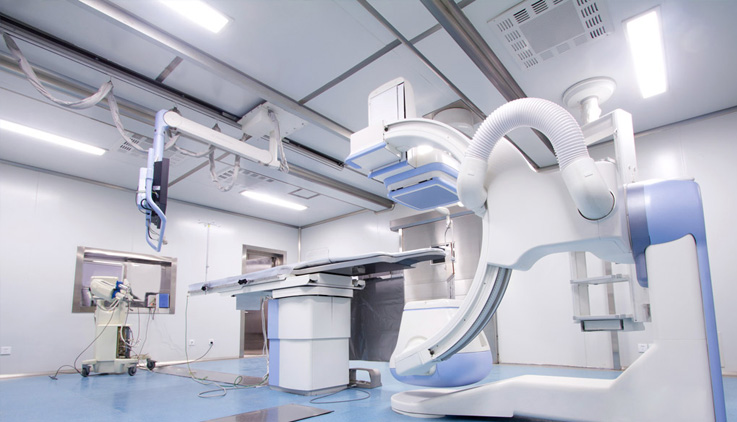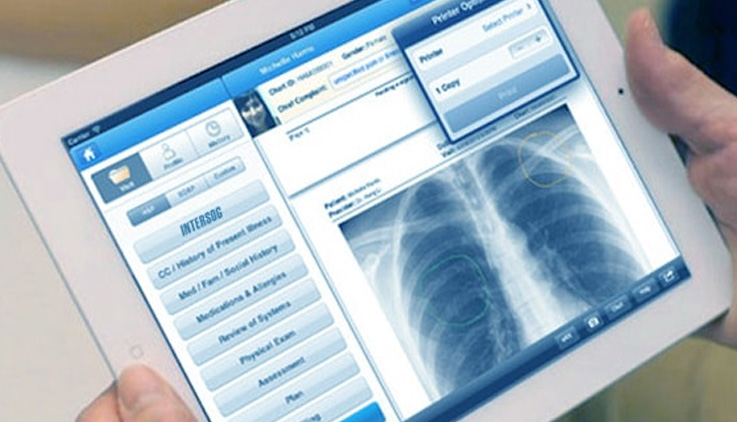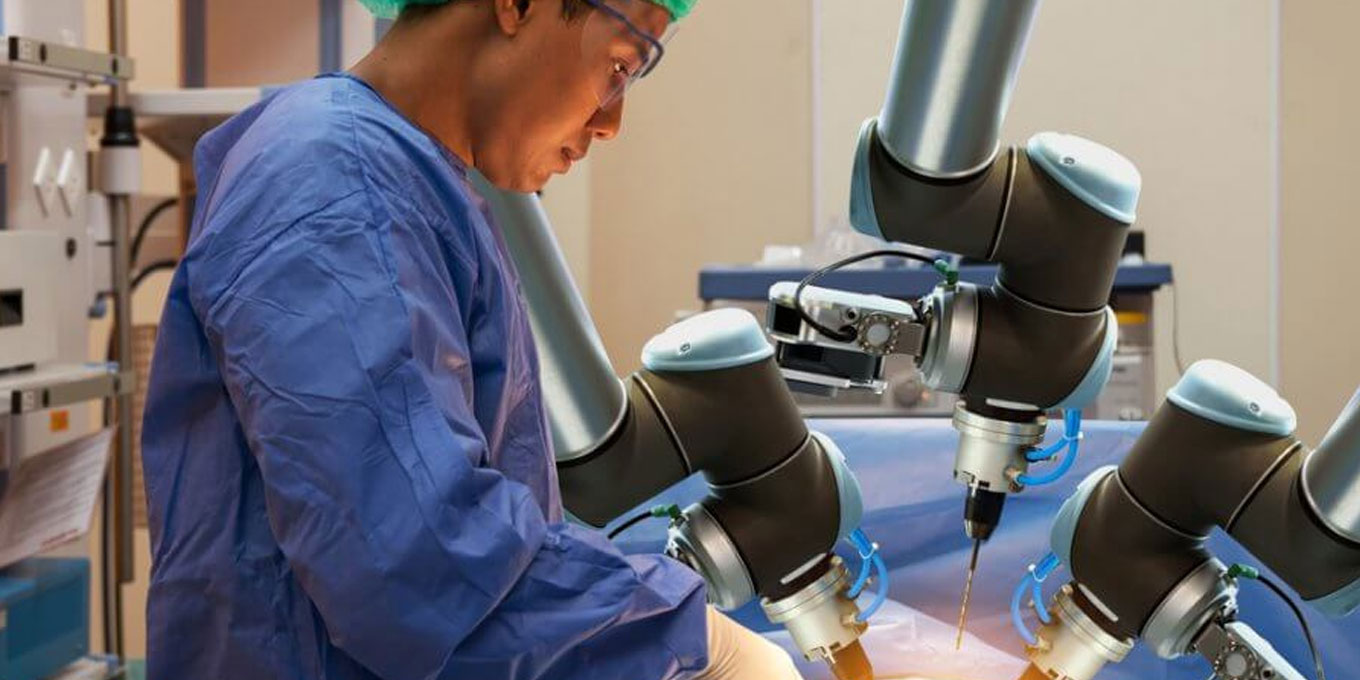Over the past decade, global healthcare has advanced at an incredible pace and how, given the adoption of Artificial Intelligence on the rise. AI is poised to be the transformative force in healthcare offering numerous advantages over traditional analytics and clinical decision-making techniques.
The Emergence of AI
Coined at a conference at Dartmouth in 1956, the term “artificial intelligence” refers to work that includes reasoning for solving complex problems in geometry and algebra and further communicating it in natural language. AI’s achievements have progressed gradually since, from IBM’s Deep Blue— a chess-playing computer defeating grandmaster Garry Kasparov in 1997— to Google DeepMind’s AlphaGo beating a human professional player in a game of Go in 2016.
AI in Healthcare

As we see a shift in payment structures, an increase in the volume of available data, and people demanding more from their healthcare providers, artificial intelligence shows promise in driving improvements across the industry by gaining unprecedented insights in pathology, care processes, variables of treatment and predictable patient outcomes through precise algorithms.
Here are some technologies and areas in the healthcare industry that have been predicted by World Medical Innovation Forum in 2018 to witness a huge impact from AI in the next decade:
Radiology Tools

Numerous diagnostic procedures rely on physical tissue samples obtained through biopsy. AI is set to facilitate the next generation of tools in radiology that are accurate enough to replace the need for tissue samples, thereby eliminating the risk for infection.
Virtual Health Assistant

AI will enable Virtual Health Assistants to proactively assist patients in major ways. From sending personalized reminders about prescribed medication and preventive health screenings to offering advice on treatments for common conditions and dietary suggestions, VHAs can do this and much more like monitor patient data and act as the link between patients and their healthcare provider.
Electronic Health Records

Digitization brought along its own set of problems in the health industry, such as cognitive overload, user burnout, and excessive documentation in association with EHRs. Now, AI is poised to make things more efficient through the incorporation of more intuitive interfaces and automation of routine processes that are manual and time-consuming such as clinical documentation, order entry, sorting in-basket etc.
Medical Technology & Devices

Smart technology has forged its path into the consumer environment already offering a diverse range of advantages. In the healthcare sector, smart devices play a crucial role in monitoring patients, particularly in the ICU. Incorporating intelligent algorithms into medical devices can enhance the ability to identify complications and reduce cognitive burdens for doctors whilst ensuring optimal care in delicate timeframes.
Diagnosis Through Smartphones

Diagnosis using images from consumer-grade devices like smartphones will pose as a vital supplement to clinical quality imaging, especially in underserved populations. As the quality of average camera phones increases each year, images that are viable for analysis by AI algorithms can be produced. Fields like Dermatology and Ophthalmology are likely to be the early beneficiaries of this trend. Collecting images of eyes, wounds, infections, medications etc. may be able to help underdeveloped areas by reducing the time of diagnosis of various complaints and get by with the lack of specialists.
Some other solutions being developed using AI in healthcare include heart sound analysis, health robots for the elderly, consultations, treatment design, and avatars for clinical training etc.
With the help of a new generation of systems and tools that make physicians hyperaware of nuances, AI promises to empower the healthcare industry by ushering advanced breakthroughs in clinical quality and delivering more efficient patient care.

